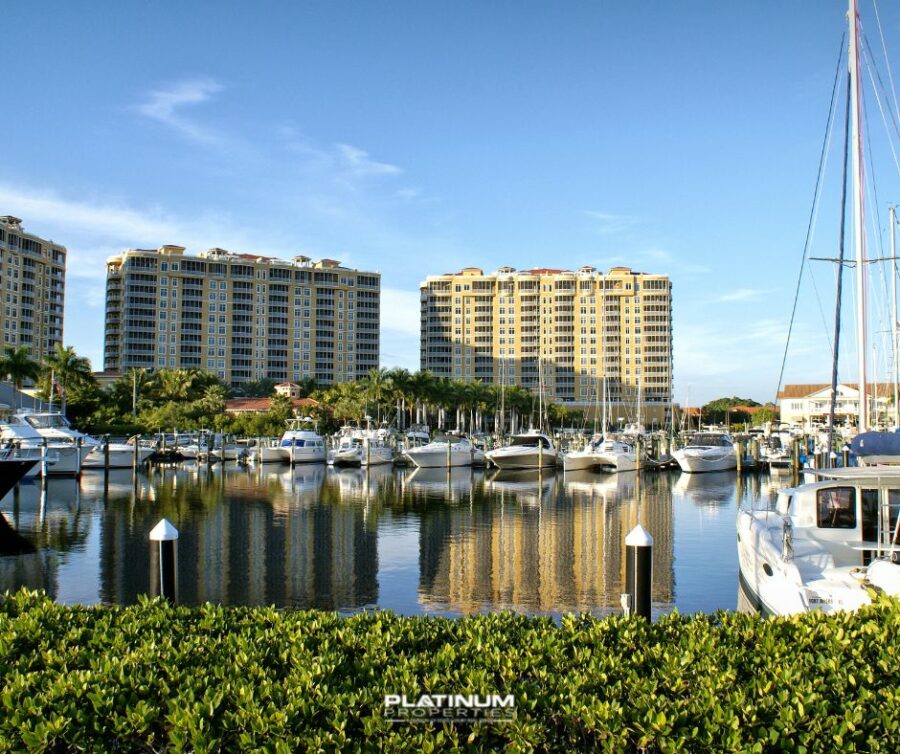The Florida legislature unanimously approved Senate Bill 4D (SB-4D) on May 26 which established the Building Safety Act for Condominium and Cooperative Associations that is set to affect more than 1.5 million condominiums in Florida operated by approximately 28,000 associations. Prior to this bill, only Miami-Dade and Broward counties required condo recertification requirements, so it’s important for all owners statewide to now be aware of these changes.
What Are The Main Changes?
Inspection & Certification
Prior to the catastrophic collapse of the 136-unit Champlain Towers in Surfside, Florida that killed 98 people, condo buildings were under loose supervision when it came to structural safety. Inspections were only required upon completion of initial build and occupation – and then once again in either 25 or 30 years, and again every 10 years afterward.
Under the new law, all buildings occupied prior to 1992 will be required to have a licensed architect or engineer attest to the structural safety and condition of the building by December 2024, with a mandatory recertification every 10 years.
Reserve Study & Sufficient Funds
Before SB-4D was passed, condo associations in Florida could vote to waive their reserves – essentially meaning they didn’t have to reserve any funds at all. Associations would rely on special assessments of owners for repairs when they would arise or split the difference amongst the owners if the reserve was short.
The new bill requires all buildings to complete a Structural Integrity Reserve Study by December 2024, and every ten years thereafter. The study will provide a suggested annual reserve amount that should achieve the necessary maintenance and current/future repairs needed. The bill also requires associations to have sufficient reserves to pay for major repairs (that are to commence within a year), and conduct a study of the reserves every decade.
How Does This Affect Me?
This law serves to protect ourselves, neighbors and loved ones living in condominiums, and enhance their safety to prevent future condominium disasters. However, these new obligations have the potential to create an immediate and long-term burden on condominium owners, association, property managers and developers.
Because each building is different, it’s important you contact me to learn more about how this may specifically affect you as an owner, or a future owner.


